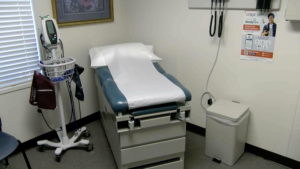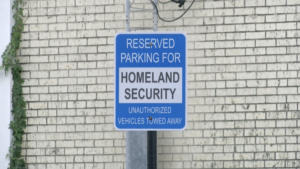EDINBURG- Do we all handle our academic education the same? Exams and classwork are beginning to pile up for some students and with that, the possibility of burnout. Some say it is preventable, some say it is inevitable.
In 2022, about 54% of college students experience emotional exhaustion and depersonalization from academic burnout, according to a study conducted by the National Library of Medicine. Christopher Albert, UTRGV Counseling Center director, said burnout happens when students take on too many demands at once.
“Now, burnout is the experience of just being run down,” Albert said. “We just no longer have the mental or even physical energy to move forward and resolve problems and take care of our lives.”
Albert said burnout can either be visible or unexpected. Having a lower level of energy and feeling less motivated to follow through with your daily tasks are some burnout symptoms. Environmental science senior Larissa Cantu said she has experienced burnout throughout her years in college.
“What I’ve done or what usually works for me is walking or moving my body because sometimes I stay put working on homework and studying for hours,” Cantu said.
Albert said organizing responsibilities and prioritizing them can help students recognize which goals to set first and prevent stress from burnout.
Karla Cavazos, University Recreation Center yoga instructor in Edinburg, said her classes are usually filled with students. She said she reminds them to include self-care time in their daily schedules.
“It’s very important to make time for yourself,” Cavazos said. “I know students nowadays, especially more than ever, are a lot busier than ever before. It’s a good way to bring yourself back down whenever you’re just stressing out over exams, daily life, bills, everything that consumes our minds on a daily basis.”
Cavazos said even ten 10 deep breaths a day is beneficial because deep breaths are little love notes to your body. For more resources and information, email counseling@utrgv.edu.




